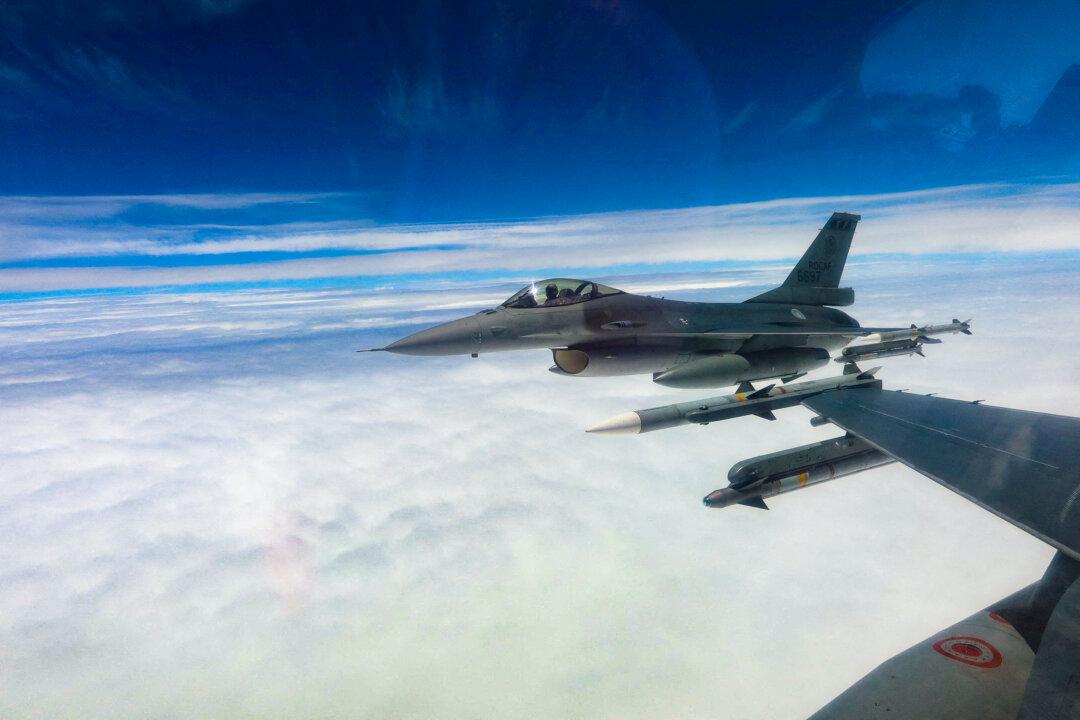The U.S. State Department on Saturday condemned China’s military drills in the Taiwan Strait and around Taiwan as provocative, saying that the United States is “deeply concerned” while “strongly” urging Beijing to act with restraint.
“Using a normal, routine, and democratic transition as an excuse for military provocations risks escalation and erodes longstanding norms that for decades have maintained peace and stability across the Taiwan Strait,” the State Department said in a statement on May 25.





